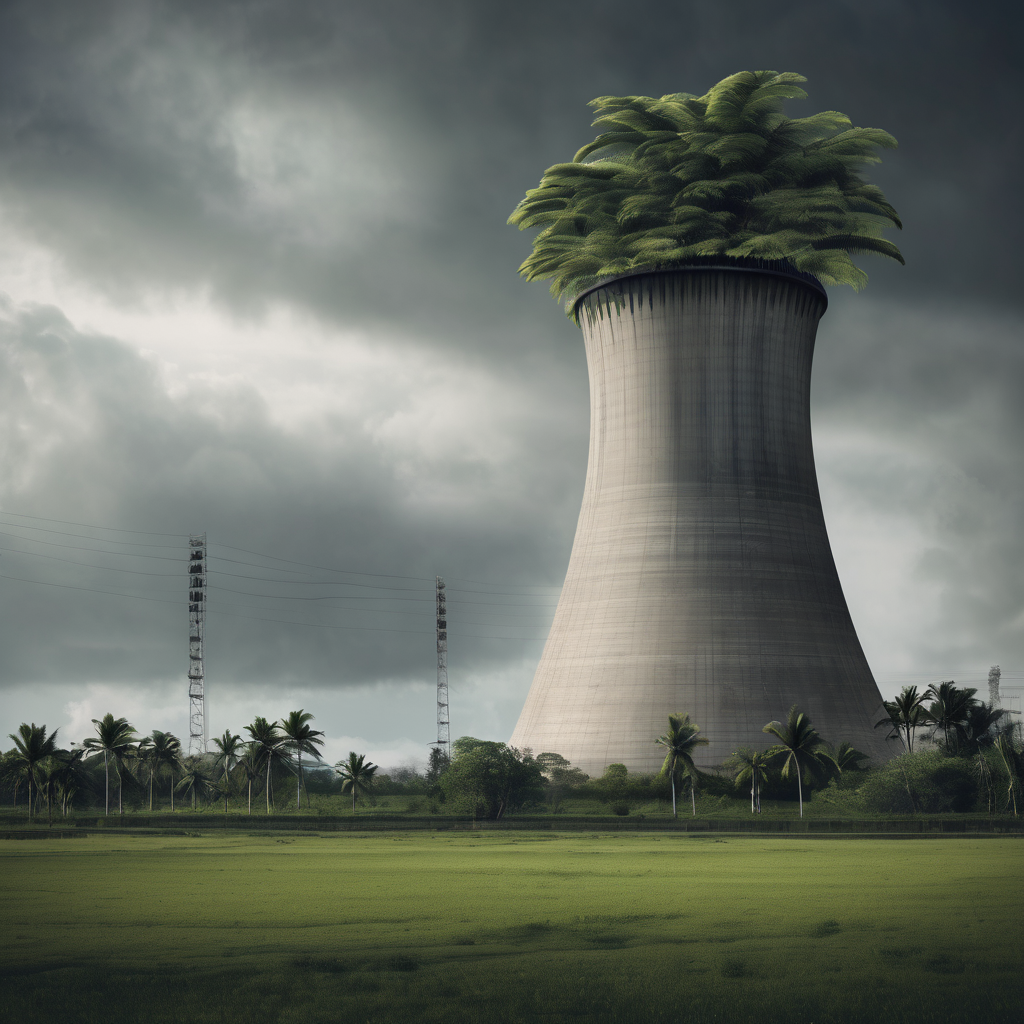Russian President Vladimir Putin has tasked his top officials with evaluating proposals for the resumption of nuclear weapons testing, a significant policy shift considering that Moscow has refrained from such tests since the Soviet Union’s dissolution in 1991. This reevaluation is primarily a reaction to U.S. President Donald Trump’s recent suggestion regarding potential nuclear tests, which complicates the already tense relationship between the two countries, both of which possess the largest nuclear arsenals in the world.
Putin’s directive emerged during a meeting with his Security Council, where he stressed the necessity for comprehensive intelligence about U.S. intentions. “I am instructing the Foreign Ministry, the Defence Ministry, the special services, and relevant civilian agencies to do everything possible to collect additional information on the issue,” he asserted. This heightened dialogue is a clear response to Trump’s nuclear agenda and highlights ongoing geopolitical tensions, particularly in light of the war in Ukraine.
The deteriorating relationship further intensified when Trump canceled a planned summit with Putin, a move that emphasizes the dwindling chances for constructive discussion amid escalating military posturing. As tensions rise, Trump has voiced concerns regarding Russia’s military maneuvers, including the testing of advanced nuclear-capable weapons.
During the same meeting, Russian Defence Minister Andrei Belousov urged for swift preparations for extensive nuclear tests, underscoring the necessity to respond quickly to U.S. actions. General Valery Gerasimov warned against missing potential strategic opportunities if Russia does not act decisively. These comments reflect a pressing urgency among Russian military leaders to enhance and showcase their nuclear capabilities in response to perceived threats from the U.S.
Security analysts caution that a revival of nuclear testing could have destabilizing effects on a global scale, potentially sparking an arms race among nuclear nations. The discussions around renewed testing resonate with concerns that the geopolitical climate may provoke an action-reaction cycle, further escalating military tensions.
As both nations grapple with this intricate scenario, the international community remains watchful, advocating for diplomatic efforts to mitigate rising hostility. There is a strong belief that dialogue may help pave the road toward de-escalation and future stability. Despite the challenging dynamics, advocates for peace encourage ongoing diplomatic engagement, highlighting a hopeful prospect for constructive interaction amid a landscape fraught with military readiness.
